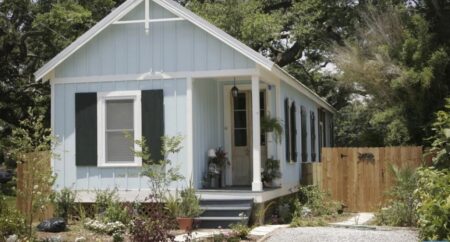A GRANNY flat may seem like a good idea, but the current tax laws make it more appealing for adult children to enter into informal agreements that offer few legal protections for older people.
The tax is the Capital Gains Tax (CGT). CGT is a levy on the difference between the sale price of an asset and its original purchase price. CGT is triggered when there is a CGT ‘event’, which is when a contractual or legal right in another entity is created.
So, if an older person agrees to move into a granny flat on their adult children’s property and has a formal contract written up that outlines their rights to live in the granny flat, the adult child will have to pay tax on the value that is added to their property as a result of building the granny flat.
However, if a formal contract is not created then the adult child will not have to pay tax on the granny flat because a contractual or legal right has not been created and has not triggered a CGT event.
It is reasonable that older people would trust their children not to exploit them and would not want their children to pay more tax than they have to, but an informal agreement can come at an even greater cost than CGT.
If there is no formal agreement in place an older person may be exposed to financial abuse. For example, if the family relationship breaks down and an older person is forced to move it will be extremely difficult to recover any money that was invested in an adult child’s home as there is no written agreement that spells out the rights and responsibilities of both parties.
To encourage use of written granny flat agreements, the Government announced a measure in the October Budget making CGT no longer applicable to formal granny flat arrangements for older Australians or people with disabilities.
This measure will commence as early as 1 July 2021 subject to the passing of legislation. More detail will come as the Government presents its proposal to Parliament.
